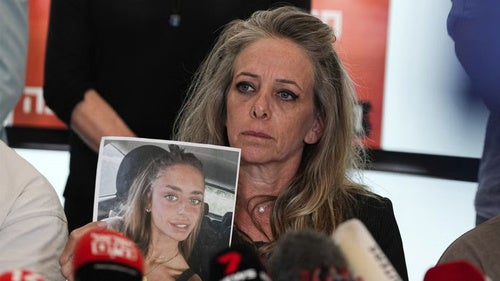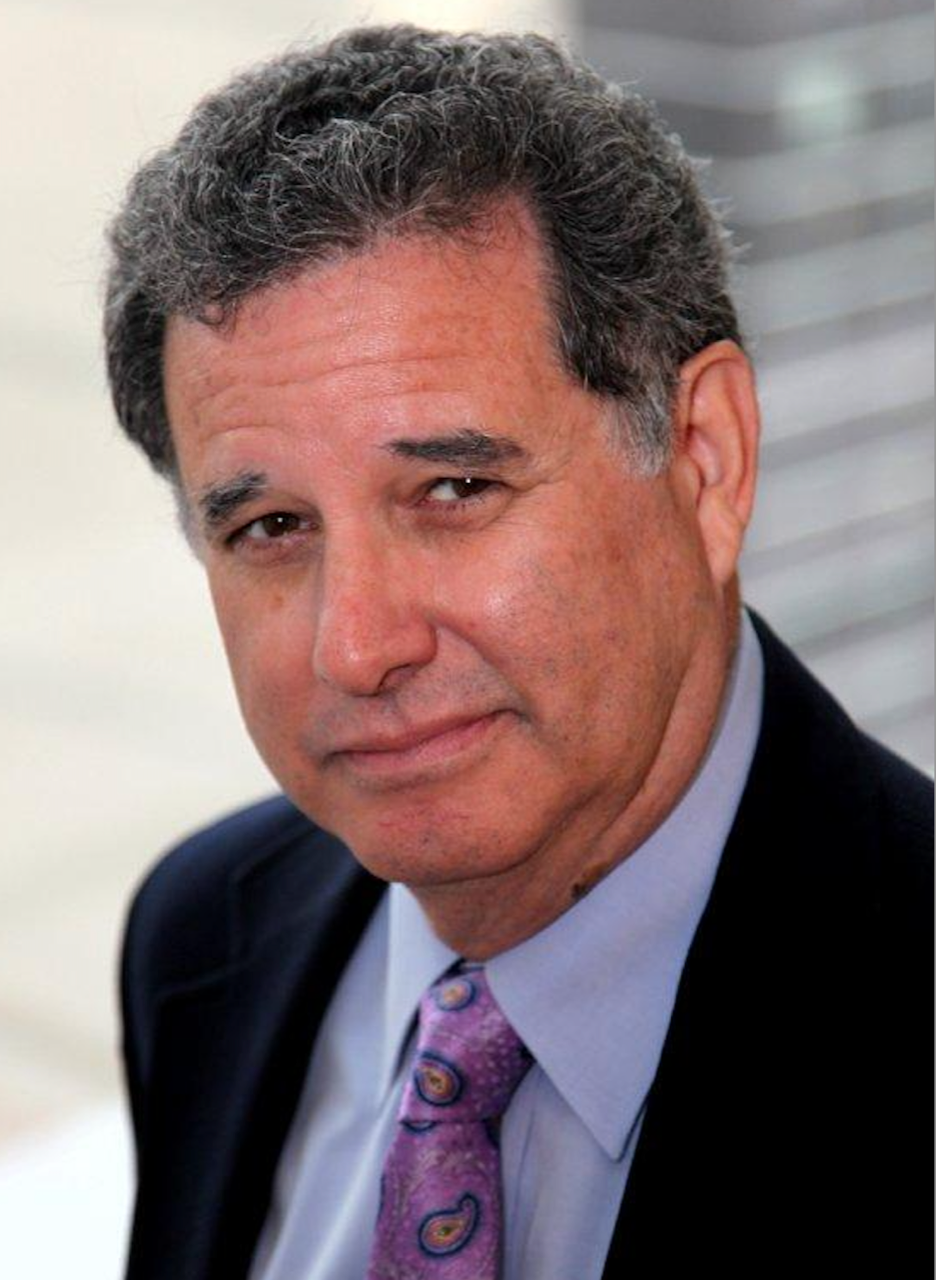A Journalism Expert on the Language of war and How to Get Trustworthy News

Interview with Aly Colón about language, how readers can get the most balanced coverage of a crisis like the Hamas-Israel war, and what 'objectivity' means.
On Oct. 12, the BBC released a statement explaining why the publication doesn’t refer to Hamas as terrorists. “We don’t take sides. We don’t use loaded words like ‘evil’ or ’cowardly.’ We don’t talk about ‘terrorists,’” it reads. “It’s simply not the BBC’s job to tell people who to support and who to condemn — who are the good guys and who are the bad guys.”
The statement came after criticism from journalists, Jewish leaders, and members of the British government over the BBC’s coverage of Hamas’s attack on Israel. Since the attack began on Oct. 7, Hamas has killed more than 1,400 people and kidnapped 200. In response, Israel has killed more than 2,778 people in Gaza. These numbers do not include the more than 500 people killed in the Oct. 17 explosion at a hospital in Gaza.
A study published in the journal "Media, War, and Conflict" examined The New York Times’s coverage of the first and second intifadas, or Palestinian uprisings (December 1987-September 1993 and September 2000-February 2005, respectively) and found that references to Palestine were more negative in tone, whereas references to Israel were more neutral.
“The language journalists use must be accurate, precise, and verifiable,” says Aly Colón, the John S. and James L. Knight Professor of Media Ethics at Washington and Lee University in Lexington, Virginia. He said that describing events, using as much detail as possible, is preferable to using language that may exaggerate or distort the intended meaning. “Show, don’t tell,” as the maxim goes.
Blue Marble spoke with Colón about language, how readers can get the most balanced coverage of a crisis like the Hamas-Israel war, and what “objectivity” means to him.
This conversation has been edited for length and clarity.
Do you feel that terms like “terrorist” or “terrorism” are always inappropriate for journalists to use?
It’s not the term necessarily that is a problem. But it’s how we apply the term. In what situations do we apply it, and does it describe clearly and accurately what it is that as journalists we want to report and have readers or viewers take in.
In general, I would say describe the event… The more clarity we have, the more details that we can use, the fuller the picture can be for our audience.
How can people ensure they’re getting balanced coverage of a crisis like this?

More people than I would want get attached to a particular publication. There’s not really anything wrong with that — if you trust the publication and they’ve done a good job.
I do something a little more specific when I can, although there are publications that I follow. I read or scan around 15 or 18 news sites from one end of the spectrum to the other. I do that because, “Am I only getting the information that particular publication or website wants to convey on its own?”
When I find certain types of either websites or publications that I have repeatedly seen to be pretty accurate… I will usually and almost always read them or listen to them. Does it mean I don’t listen to others? No.
I’m also what I would call a byline reader. If I see a reporter on a regular basis and she gets it, and I can see that she is really concrete and concise and able to convey what I need to know, then when I see her byline, I read it.
When it’s possible, have a wide distribution of sources you can follow. And then identify particular reporters, journalists that over time you have seen they’ve been right there bringing the information in a way that has been reliable, confirmed, and true. Most journalists, I think, desire to do that. Some are just a lot better than others.
Given that people have very stubborn beliefs, and they go to outlets where they can have those justified and reinforced, how important do you think “objectivity” is to readers?
Here’s what I’m going to say, which is not the common thread. I don’t believe in objectivity. I just think it’s impossible. And I think the use of objectivity was probably a good thing in a way. It was, in my view, always a standard that you aspire to because objectivity means you don’t know anything.
What I tell people is usually we have a leaning, and we need to know which way we lean and how far we lean. It’s human to have that. And we need, in recognizing that, [to determine] how we can amplify our understanding, increase it. So we’re closer to the center of what’s going on.
So for me, I think we should see objectivity as an aspirational thing and with a responsibility on our part to recognize that we’re not objective. But we can really work hard to bring as much information as we can to fill the picture up more.

